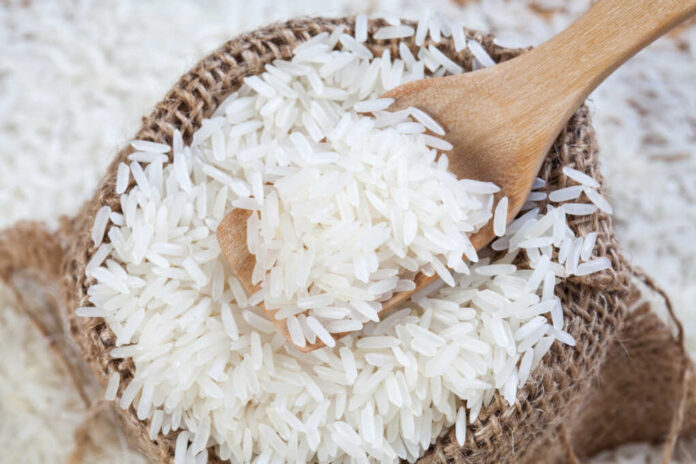
When you stock up your pantry, the last thing you want to discover is that half of your groceries have spoiled before you had the chance to consume them. It’s a hard lesson that’s easier to swallow when understood through the lens of perishable items.
Yet, what about those foods you believed had a longer shelf life but actually expire much sooner than you’d think? Those are the silent budget-killers, foods that slip under the radar, leaving you puzzled at your grocery receipts and wondering why you’re wasting food.
1. Rice
It’s easy to assume that uncooked rice lasts indefinitely, given its dry nature. In reality, brown rice can go rancid within six months due to its higher oil content. Even white rice, if stored improperly, can attract bugs or develop mold within a year.
2. Ground Coffee
Many of us store ground coffee like it’s a non-perishable item, often leaving it on the shelf for months. However, ground coffee starts losing its flavor within two weeks after opening the package. While it won’t spoil in the traditional sense, the stale flavor is far from the robust aroma we crave in the morning.
3. Spices
Spices are usually purchased for long-term use, but their potency starts waning after six months. Although they won’t make you sick, dull spices can lead to unimpressive meals. Investing in high-quality, smaller jars can save you the disappointment of a bland dish.
4. Nut Oils
Nut oils like walnut or flaxseed oil are excellent for their unique flavors and health benefits. However, their high content of unsaturated fats makes them prone to rancidity. Once opened, they can turn foul in just one to two months. Store these oils in the fridge to prolong their life.
5. Natural Peanut Butter
Natural peanut butter is free from preservatives, making it healthier but also more perishable. Once opened, it should be consumed within three months and ideally stored in the fridge to prevent oil separation and spoilage.
6. Plant-Based Milks
Plant-based alternatives like soy and almond milk are often praised for their longer shelf life compared to dairy milk. However, once opened, they still need to be consumed within seven to ten days, or else it risks spoilage—contrary to the popular belief that plant-based milks last longer.
7. Whole-Grain Flour
Whole-grain flours, such as whole-wheat or spelt, contain oils that make them more susceptible to spoilage than their white counterparts. A sealed bag could turn rancid in as little as three months if not refrigerated.
8. Fresh Herbs
Fresh herbs like basil, cilantro, and parsley are known to wilt and lose flavor quickly, often within a week. Storing them properly can help, but your best bet is to use them as soon as possible or consider drying them for long-term storage.
Short-Lived but Worth It
Understanding the shelf life of different foods helps you plan your meals better and minimizes waste. These items, while perishable, offer flavors, textures, and nutrients that are irreplaceable in a balanced diet. The key lies in managing your inventory wisely and consuming them within their prime time.






















